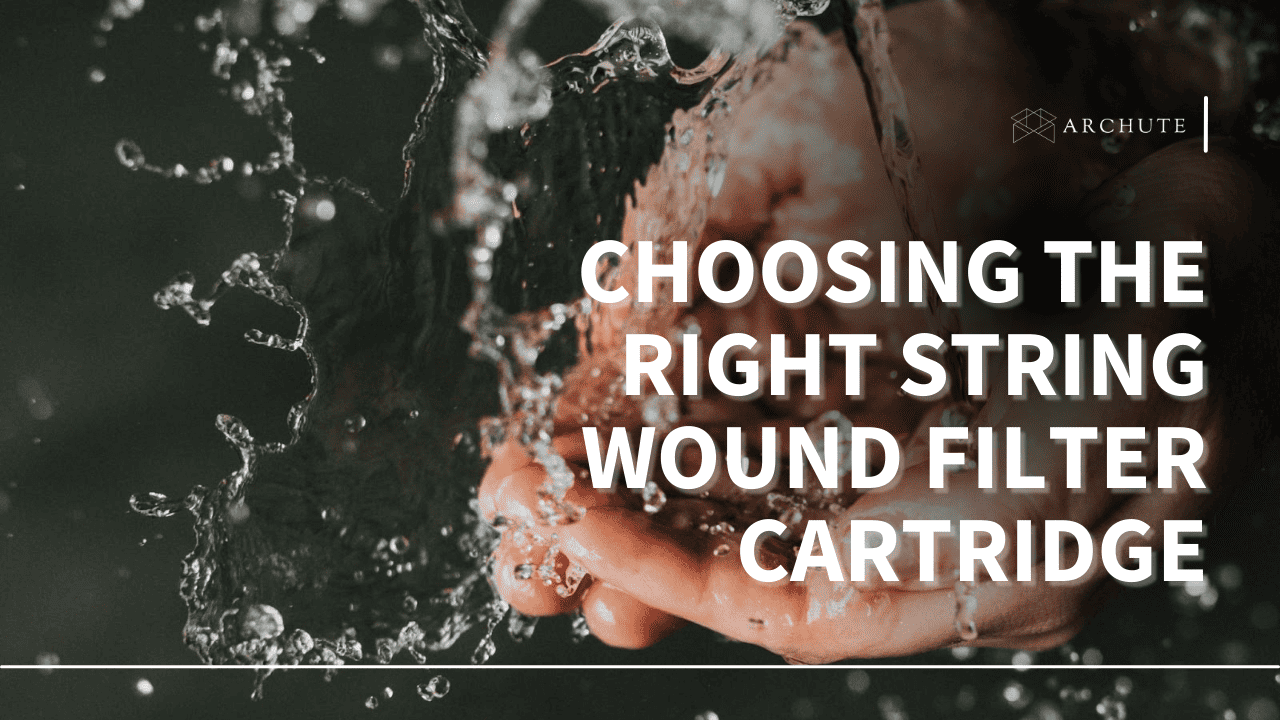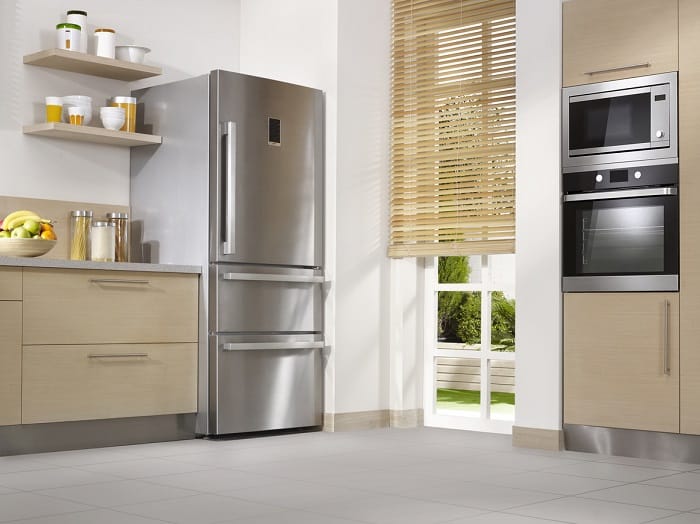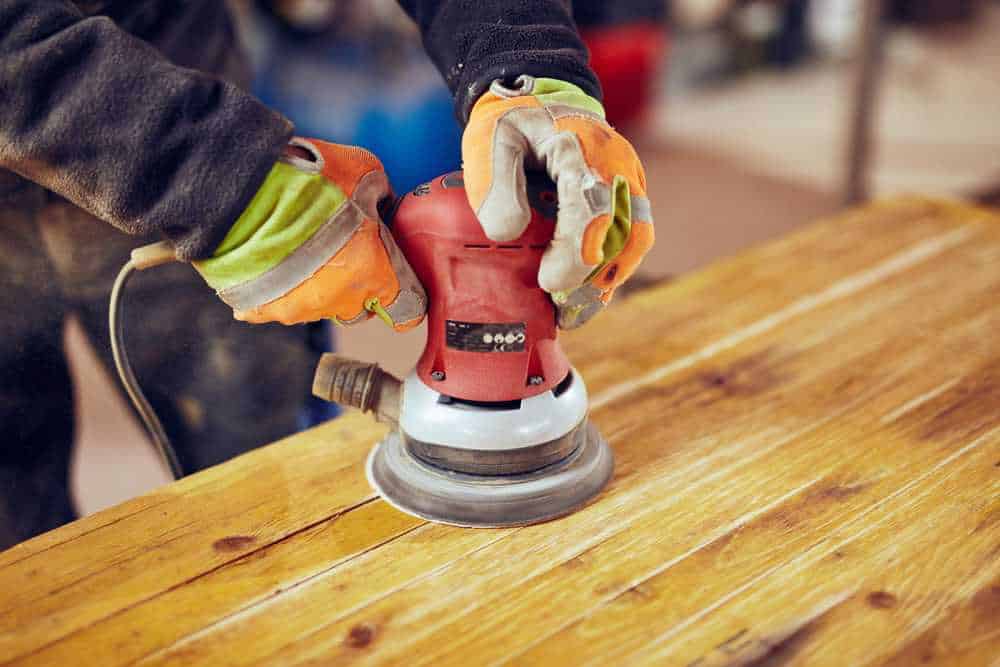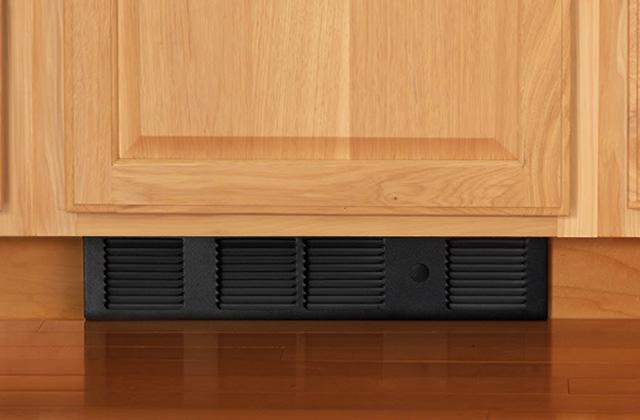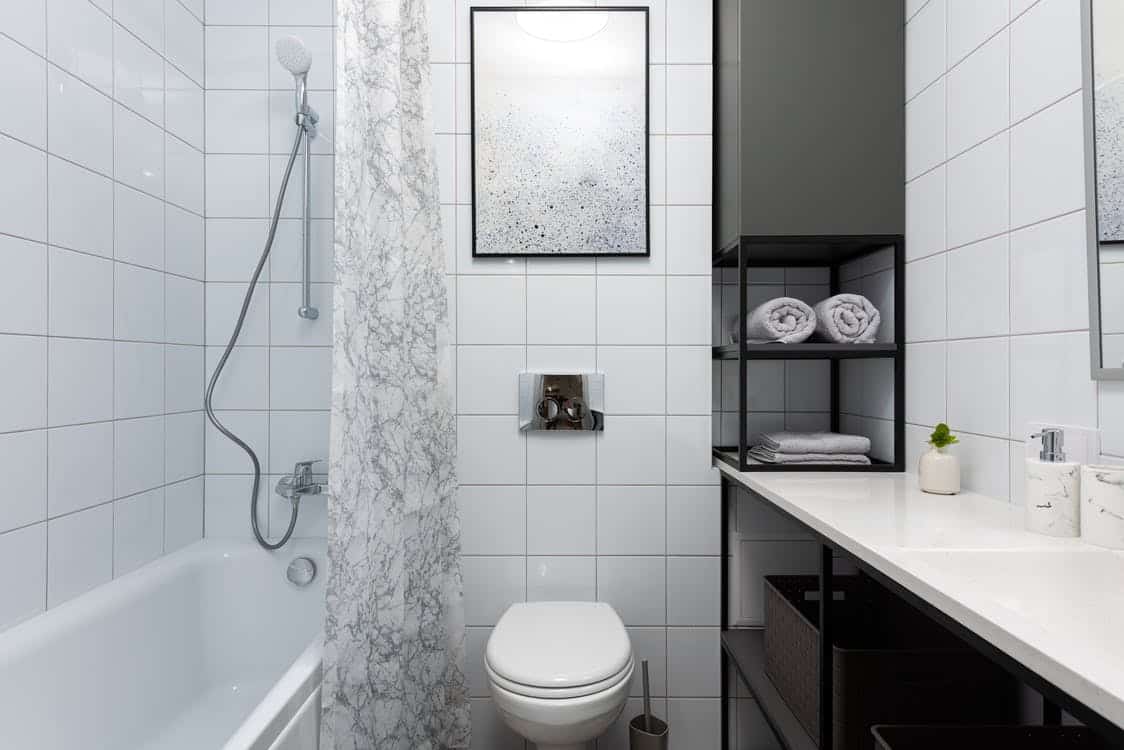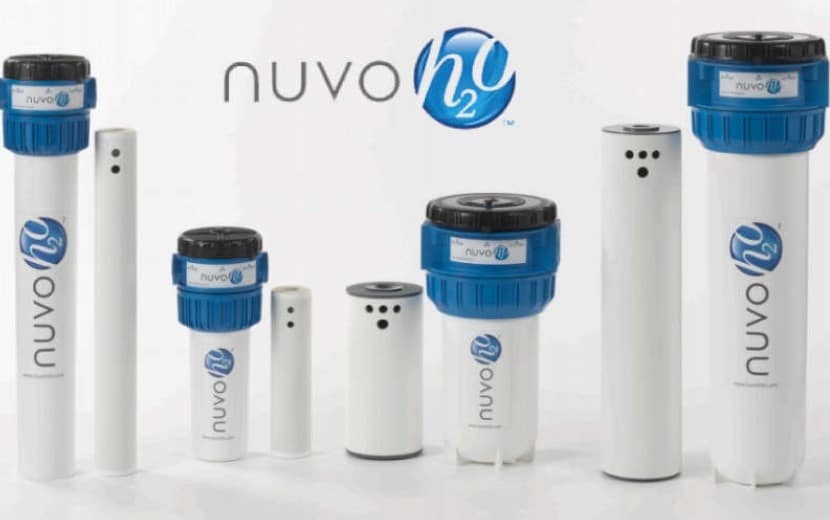If you're in search for cleaner water, the journey begins by choosing the right filter. Among the available options, string wound filters shine due to their superior dirt-holding capacity and impressive durability. Even if you want to compare string wound vs. non-string wound filters, they stand out for their performance, making them a popular choice against other types of filters.
But how do you find the right string wound filter cartridges for your needs?
In this quick guide, we'll help you simplify the selection process with valuable tips and insight to find the perfect string wound filter cartridge supplier for your needs.
Let’s jump right in!
The Basics:

What Is a String Wound Filter Cartridge?
String wound filter cartridges are a pivotal component in the filtration industry, designed to trap contaminants and particulate matter from a variety of fluid types. These cartridges provide true depth filtration, high dirt holding capacity, and extremely low media migration.
The Art of Winding: How the Water Filter Cartridge Works
So, how does this magical cartridge work? It's all about the winding! Microfibers are twisted and twined together to form a yarn. This yarn is then woven in a honeycomb-shaped pattern around a core. The result is a gradient structure that allows for better filtration. Think of it as a precision-engineered web that traps particles like a pro.
Polypropylene string wound cartridges, with their graded density winding and polypropylene core, are popular for their efficiency in trapping particles. They are compatible with various water applications, from rainwater to general water filtration purposes.
Micron Rating Matters
Understanding micron ratings is fundamental in choosing the right filter cartridge. With options ranging from 1 micron to 5 microns, the size of the particles the filter can capture varies. This is especially important for applications like well water filtration, where sediment holding capacity matters. Here's a quick guide:
- Contaminants as thick as a human hair: 50 Microns
- Contaminants not visible to the human eye: 40 Microns
- Contaminants the size of white blood cells: 25 Microns
- Contaminants the size of red blood cells: 8 Microns
- Contaminants the size of bacteria: 2 Microns
Finding the Right String Wound Sediment Water Filter Cartridge

1. Identify Your Filtration Requirements
Figure out your filtration needs by checking the contaminants in your water and how much filtration you need. Think about things like particle size, flow rate, and whether it is compatible with your system. If you're filtering drinking water, you might need a cartridge with a small micron rating to get rid of tiny particles or sediment. For industry, your topmost priority might be durability and chemical resistance.
The best string wound filters are wound in a graded density—tighter at the core and lighter on the outside. Picture it like layers of armor: bigger particles get filtered out first, while finer particles are captured as the liquid passes through. This means higher dirt-holding capacity, longer filter life, and efficiency. Still, you can always get something extra, like a faucet filter system for more sensitive uses.
2. Find a Supplier with Expertise and Experience
When it comes to sourcing your string wound filter cartridges, experience and expertise matter. Look for reputable suppliers, boasting a long-standing reputation in the industry. Seasoned suppliers understand the nuances of filtration, offering insights tailored to your specific needs.
Knowledgeable suppliers simplify filter selection for both residential and industrial applications. Trusting their expertise guarantees quality products and continuous support.
3. Verify the Supplier Has a Quality Control Process in Place
Choose suppliers with stringent quality control measures, using high-grade materials, precise manufacturing techniques, and thorough testing. ISO standards and NSF approvals indicate adherence to quality benchmarks. Inquire about testing protocols to ensure filter consistency and reliability. Quality control is crucial for optimal performance and water purity. Don't overlook it when selecting a supplier.
4. Think About Customization Options
When it comes to your filtration needs, one size doesn't always fit all. Ensure your chosen supplier offers customization options for your string wound filter cartridge. Whether you require a specific size, material, or micron rating, a supplier that can tailor the cartridge to your exact specifications ensures optimal performance. For instance, you may need something specific for filtering well water and city water.
For unique water conditions or special requirements, customization is paramount. Collaborate with a supplier willing to tailor solutions to your specific needs, ensuring your filtration system aligns perfectly with your distinctive water filtration requirements and transcends mere adequacy.
5. Good Customer Service is Vital
Choose a supplier with great customer service. They should be responsive and care about your needs. Ask about their availability and how fast they respond. Quick help with troubleshooting or orders is important. A supplier who cares about customer satisfaction will make your filtration experience better, ensuring cleaner, healthier drinking water.
Conclusion
Choosing the right string wound filter cartridge supplier is crucial to effective water filtration. Consider your filtration requirements, select a supplier with strict quality control, explore customization options, and prioritize excellent customer service. Keeping these factors in mind will ensure optimal water filtration performance and purity.

